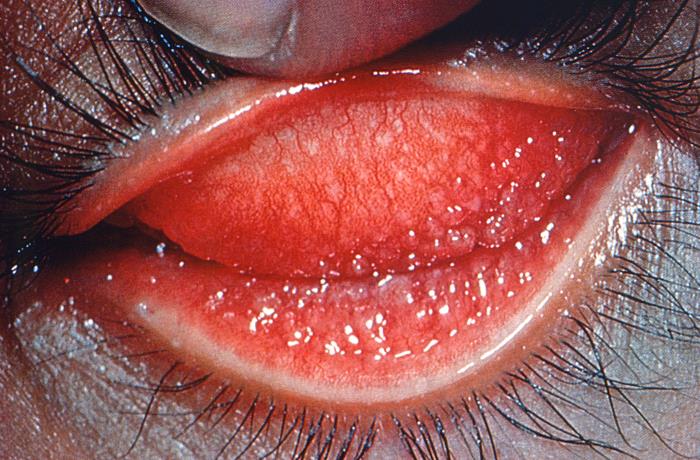
A randomized clinical trial finds that the anti-inflammatory drug colchicine, once thought promising for treating COVID-19, is no better than placebo in terms of functional capacity, respiratory function, symptoms such as depression or fatigue, or inflammation in long-COVID patients 1 year after infection.
The double-blind trial, led by researchers at the George Institute for Global Health India in Delhi, randomly assigned 346 adult long-COVID patients to 28 weeks of colchicine therapy (162 patients) or placebo (157) at eight hospitals in six states in India from January 2022 to July 2023.
Participants, who had functional limitations and/or elevated inflammatory markers, were evaluated 12, 26, and 52 weeks after randomization. Of the 346 participants, 60.4% were women, and the average age was 46 years.
Colchicine is often used to reduce inflammation and pain in patients with gout, a buildup of uric-acid crystals in the joints, and is approved in the United States to treat inflammation in heart disease.
The findings were published this week in JAMA Internal Medicine.
Alternative therapies needed
In total, 35.0% of participants were hospitalized for their infections, 15 were admitted to an intensive care unit, and 4 needed mechanical ventilation. The most common persistent symptoms were muscle pain (72.0%), breathlessness (63.0%), and insomnia (41.0%).
In this randomized clinical trial, among adults with long COVID, colchicine did not improve functional capacity, respiratory function, or inflammatory markers.
At 52 weeks, no difference was noted between colchicine and placebo recipients in average change in 6-minute walk test distance. Similar null results were observed for all studied outcomes, except for a modest, nonclinically relevant difference in pulmonary function.
Treatment effects didn't differ by body weight, hospitalization for COVID-19 infection, sex, or any underlying medical condition. The rate of adverse events (AEs) was similar between the two groups (colchicine, 19.9%; placebo, 17.6%). Most AEs were mild or moderate.
"In this randomized clinical trial, among adults with long COVID, colchicine did not improve functional capacity, respiratory function, or inflammatory markers," the study authors concluded. "These findings underscore the need to explore alternative therapeutic approaches for long COVID."













